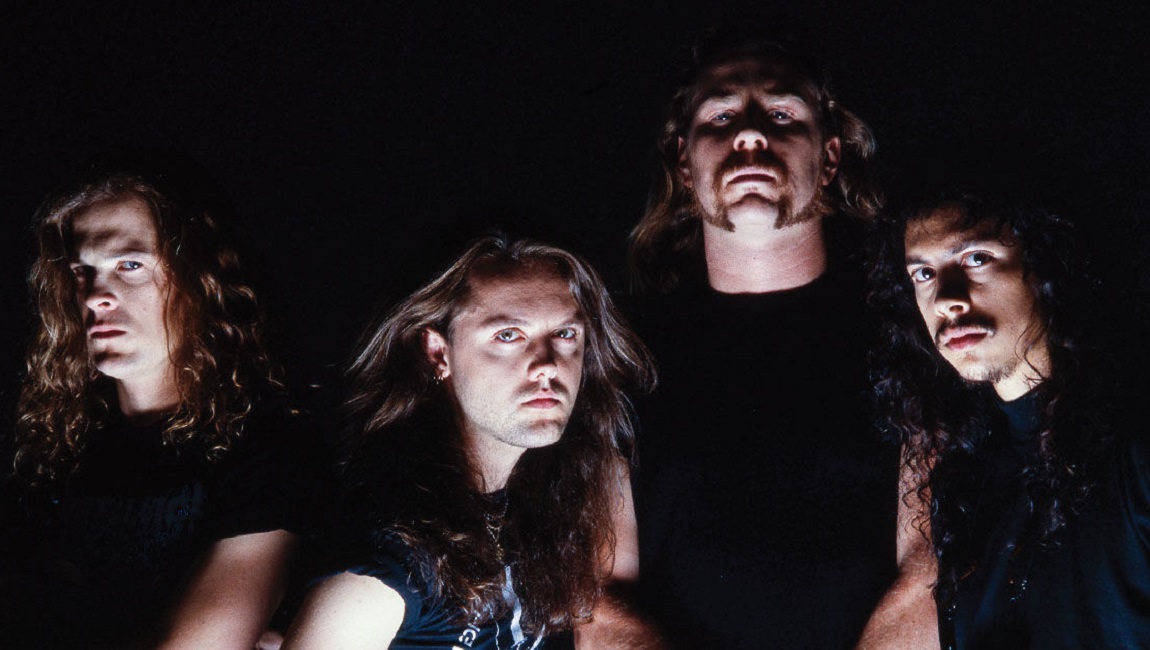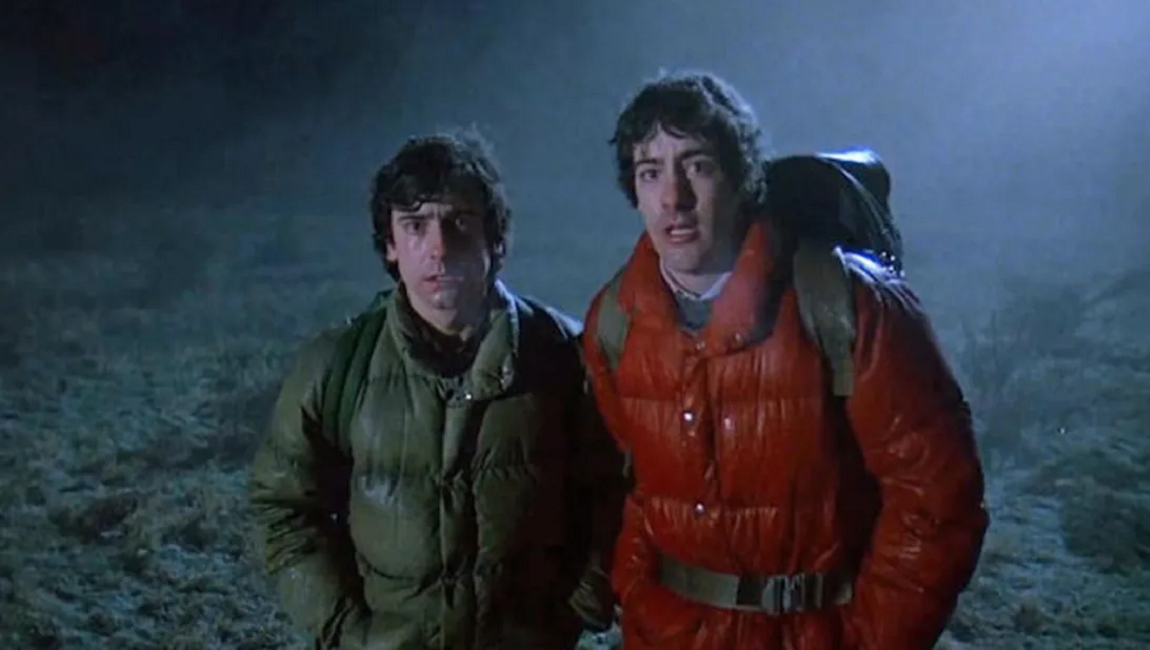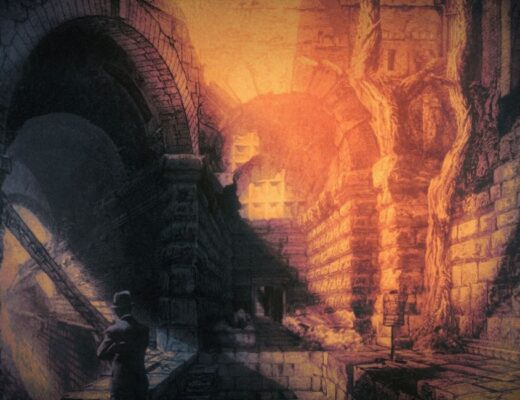In the history of metal music, there are perhaps no other records met with as much variance of opinion as Metallica’s 1991 self-titled album, which is mostly known as The Black Album. It’s a record that marked a pivotal moment in the band’s career, gaining them a much more mainstream audience and commercial success — for many, it was even an introduction to the genre and inspired a new generation of metal musicians — while also proving largely divisive for the group’s puritanical fanbase at that time. The plain, grayish-black cover of the record — controversially inspired by the Gadsden Flag, with an image of a coiled rattlesnake on the bottom right and the band’s barely perceptible logo at the top left— easily intimates the content and essence of the album: a striking, confrontational work wherein Metallica consciously and willingly leaves much of their previously well-known thrash aesthetic behind. Stripped down from the group’s past decade of compositional complexity, The Black Album tends toward simpler, more straightforward songwriting structures, with much less angst, aggression, and speed, and yet it still confidently embraces various aspects of heavy metal (and even, classic rock), the quartet showcasing a profound introspection which, even if not entirely new to them, is here perfected.
Recognizably, shorter in length, slower in tempo, and novel in sound, it seems as if Metallica strives for a very grounded, no-nonsense compositional character throughout the record. In fact, what may initially scan as repetitive or monotonous to an impatient listener — a chief criticism of The Black Album throughout the years — can paradoxically (and excitingly) work to its benefit here, creating a kaleidoscopic texture. There’s the impression that with The Black Album, Metallica is playing directly off the considerable achievements of their previous album, …And Justice for All (for instance, “Sad but True” feels like updated version of “Harvester of Sorrow”, particularly in its refrain) and moving them in a fresh direction (a full decade after forming as an L.A.-based, underground thrash metal group in ‘81). But the album is more than just an evolution of the band’s trademark sound, but also an exercise in track-by-track symbiosis, to the point that one can easily understand each song being born right out of the other, or else that the band is experimenting with each song individually, reforming and reshaping them from one successive cut to the next. That’s perhaps why the album works most efficiently when understood according to each individual track (this also might explain the album’s more mainstream success as the band’s bestseller, thanks to its very distinct and remarkable five singles).
Part of Metallica’s change of direction should surely be credited to the presence of Canadian titan-producer Bob Rock. It’s not hard to discern how Rock, who also worked as the record producer for Mötley Crüe, could have influenced Metallica into a groovier — at times, even downright funky — sound: “Holier than Thou” possesses a very subtle glam-metal beat and energy, while songs like “Don’t Tread on Me” or “Through the Never,” vividly riff and groove in a way that resembles something like Pantera’s “Walk” or “Cowboys from Hell” (which was released about a year prior to Metallica). It’s also not a stretch to see how Rock’s involvement might have convinced the band to write a romantic power ballad, which to this day remains one of the band’s most popular songs, even for plenty of non-metal listeners: “Nothing Else Matters” functions as a signature ballad for Metallica in the way that “Stairway to Heaven” is for Led Zeppelin or “Child in Time” is for Deep Purple.
And there’s so much more. There’s the nightmarish, horror inflection of relatively commercial-friendly opener “Enter Sandman,” and the melancholic, beautiful musings of “The Unforgiven” and “My Friend of Misery” (arguably, on both sonic and lyrical levels, the two strongest tracks on the album and among the most inspiring Metallica has ever produced). “Wherever I May Roam” has a nomadic, freewheeling spirit and a heavy-pounding verve, while “Of Wolf and Man” (which makes a light pun of John Steinback’s classic novella) is eerie, poetic, and oozingly lycanthropic. The “The God That Failed” (inspired after the death of James Hetfield’s mother, who refused medical treatment according to her Christian Science beliefs) is as rhythmically balanced as they come, and then there’s the fast-paced outro “Struggle Within,” arguably the group’s thrashiest effort on The Black Album. Given the bevy of sounds and styles here, Metallica more than proves their virtuosity in crafting an energetic and cogent instant classic. Alongside the trademark Metallica riffs, Hetfield consistently demonstrates his clean vocals and flexibility — while at times imbued with powerful but controlled shouts and even spoken words — as Lars Ulrich’s legendary drumming lends the sum a tonal depth and notable dimension. Kirk Hammett’s captivating guitarwork — rare tremolo picking and distinguished solos powered by wah-wah pedals — and Jason Newsted’s multi-rhythmic basslines (which were almost inaudible in …And Justice for All) punctuate Metallica with the same authenticity and audacity that made the band one of the most respected metal acts of all-time, even before this record. Love it or hate it, there’s no argument that their fifth studio album was a game-changer for the group and for music history, and it marks an understandable delineating moment whereafter they never again angled for the thrash metal standards that they had already perfected in 1984’s Ride the Lightning and 1986’s Master of Puppets, happy in their ceaseless exploration of novel domains. And for any willful cynics or Black Album deniers who might still be endeavoring to ignore the album thirty years on, it’s perhaps easiest to leave you with but one instance of Hetfield’s memorable lyricism, clipped from “Nothing Else Matters”: “Every day for us something new / Open mind for a different view / And nothing else matters.”
Part of Kicking the Canon – The Album Canon.







